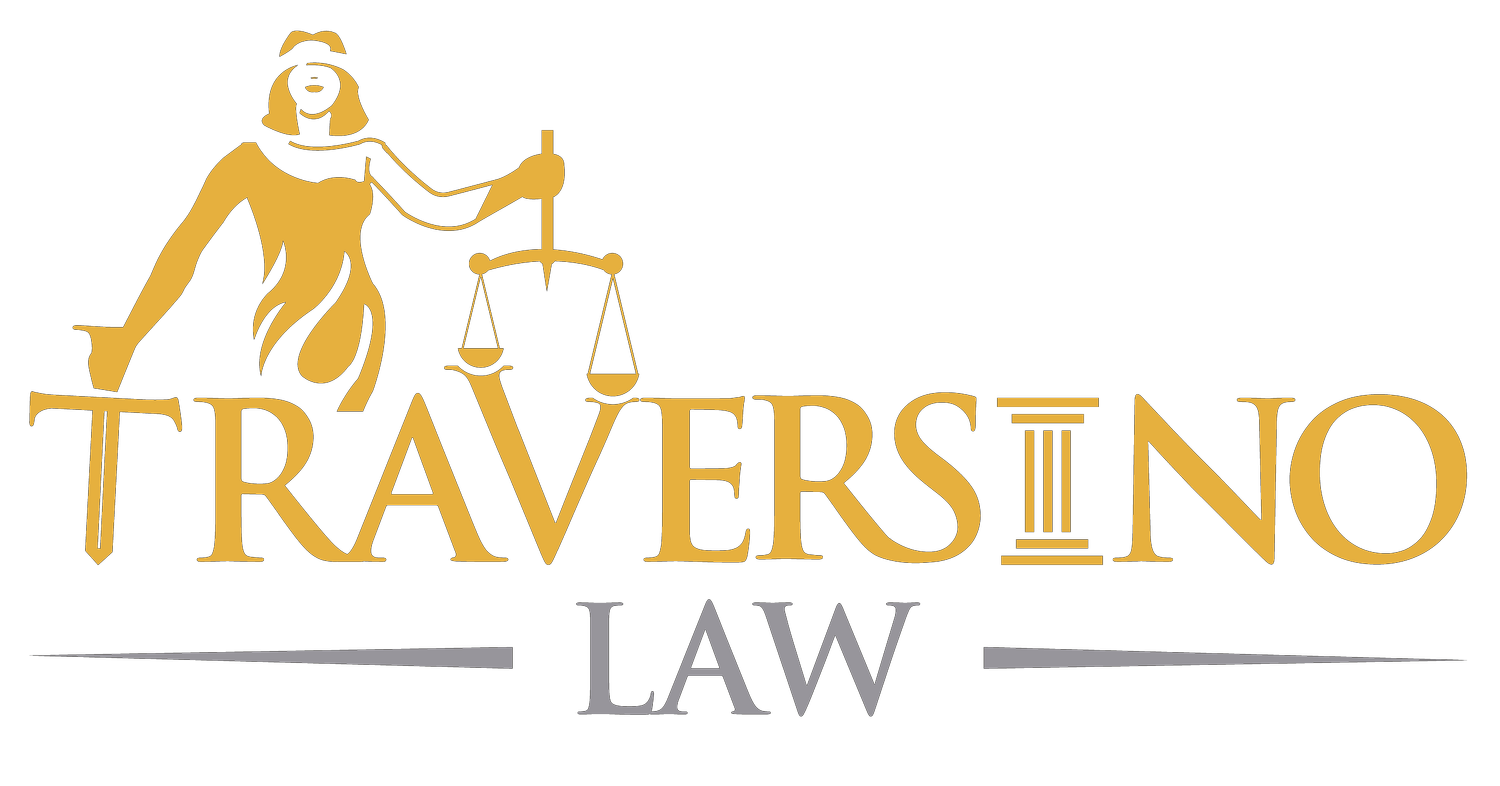Understand Minor Consumption Laws in Arizona
Ah, youth. A time of exploration, late-night study sessions (sometimes fueled by more than caffeine), and perhaps, the occasional temptation to partake in adult beverages before legally permitted. While youthful experimentation might seem like a rite of passage, Arizona underage drinking laws take a notoriously strict, zero-tolerance stance that can turn a moment of indiscretion into a lasting legal headache. Especially in vibrant areas like Tempe, bustling with student life near Arizona State University, law enforcement and courts like the Tempe Municipal Court frequently handle cases involving minor alcohol consumption. Understanding the specifics of Minor in Possession (MIP), Minor in Consumption (MIC), and the perilous use of fictitious IDs under Arizona Revised Statutes (ARS) is crucial for anyone under 21 navigating the social scene in Arizona and beyond.
The Core Offenses: Minor in Possession and Minor in Consumption in Arizona
Arizona underage drinking laws primarily target two main activities for individuals under 21:
Minor in Possession (MIP) - ARS § 4-244(9): This statute makes it unlawful for a person under the legal drinking age (21) "to buy, receive, have in the person's possession or consume spirituous liquor." The key here is "possession." This doesn't just mean holding an open container; it can include "constructive possession," meaning having alcohol within your control (in your car, backpack, dorm room) even if you're not physically holding it. An MIP Arizona charge is typically a Class 1 Misdemeanor, the most serious type of misdemeanor.
Minor in Consumption (MIC) - ARS § 4-244(41)/(42): This law is even more strict. It makes it illegal for a person under 21 "to have in the person's body any spirituous liquor." This is Arizona’s zero-tolerance rule in action. It doesn't matter if you had one sip or several drinks; if any alcohol is detected in your system (usually via breathalyzer or blood test), you can be cited for MIC in Arizona. This is typically charged as a Class 2 Misdemeanor.
Penalties for a first offense MIP or MIC under ARS § 4-244 can include hefty fines (potentially exceeding $2,500 for MIP and $750 for MIC, plus significant surcharges), mandatory alcohol education classes and screening, probation, community service, and crucially, a potential driver's license suspension imposed by the Arizona Department of Transportation Motor Vehicle Division (ADOT MVD), even if no driving was involved.
The Fake ID Fiasco: A Separate Legal Mess
It’s a tale as old as minimum drinking ages: using a fake ID or borrowing an older friend's ID to buy alcohol or get into a 21+ venue. Under Arizona fake ID laws, this is a risky gamble with serious consequences. ARS § 4-241(N) specifically makes it a Class 1 Misdemeanor for a person under 21 to use a fraudulent ID, someone else's ID, or even a valid license belonging to another person to gain access to a licensed establishment (like a bar or club). That expertly crafted 'McLovin' ID? Not so funny when explaining it to an Arizona judge, especially in a busy court like Tempe Municipal Court. Using a fictitious ID Arizona style often results in a separate criminal charge on top of any MIP/MIC charges, carrying its own potential for jail time, substantial fines, and a definite driver's license suspension under ARS § 28-3309.
Aggravating vs. Mitigating Factors
Not all Arizona underage drinking citations are treated equally. Certain factors can aggravate the situation:
A high BAC (even if any amount is illegal, extreme intoxication looks worse).
Driving under the influence (leading to Underage DUI charges with zero tolerance).
Providing alcohol to other minors.
Having prior MIP/MIC offenses.
Using a sophisticated fake ID or possessing multiple fictitious IDs.
Being uncooperative or disruptive during the police encounter.
Conversely, mitigating factors might lead to more lenient outcomes, like diversion programs often available for first-time offenders:
No prior criminal history.
Minimal offense (e.g., trace amount consumed vs. blatant intoxication).
Cooperation with officers.
Proactively seeking alcohol education.
Demonstrating genuine remorse.
Defending Against Underage Drinking Charges in Arizona
Facing an MIP or MIC charge doesn't mean automatic conviction. An experienced Arizona criminal defense attorney can explore various defenses:
Lack of Possession/Control: Challenging whether you actually possessed or controlled the alcohol (especially in constructive possession cases).
Lack of Consumption: Questioning the proof of consumption for an MIC charge.
No Knowledge: Arguing you didn't knowingly possess alcohol (e.g., it was left in your car by someone else).
Faulty Testing: Contesting the administration or calibration of breathalyzer tests.
Constitutional Violations: Arguing an illegal stop, search, or seizure by law enforcement.
Statutory Exceptions: Claiming the consumption was for a bona fide religious or prescribed medical purpose (narrow exceptions).
Fake ID Defenses: Challenging proof of use for the prohibited purpose, or that the ID was actually fraudulent or belonged to another.
Beyond the Courtroom: Lasting Impacts
The consequences of violating Arizona underage drinking laws extend beyond court fines and classes. The mandatory driver's license suspension by MVD can significantly impact school, work, and social life. Furthermore, a misdemeanor conviction for MIP, MIC, or fictitious ID use creates a permanent criminal record (Arizona has very limited expungement), potentially affecting college applications, scholarships, housing opportunities, and future employment background checks.
Conclusion: Play it Smart
Arizona underage drinking laws under ARS § 4-244 and ARS § 4-241 are clear and strictly enforced. Whether it’s Minor in Possession (MIP), Minor in Consumption (MIC), or using a fictitious ID, the potential penalties and long-term consequences are significant. Courts like Tempe Municipal Court see these cases regularly, particularly given the large student population. Don't let a youthful mistake cast a long shadow over your future. If you or someone you know is facing charges related to minor alcohol consumption or fake ID use in Maricopa County or anywhere in Arizona, seeking immediate advice from a knowledgeable Arizona criminal defense attorney is paramount. They can navigate the legal system, explore defenses, and work towards the best possible outcome, helping ensure a temporary lapse in judgment doesn’t become a permanent problem.




